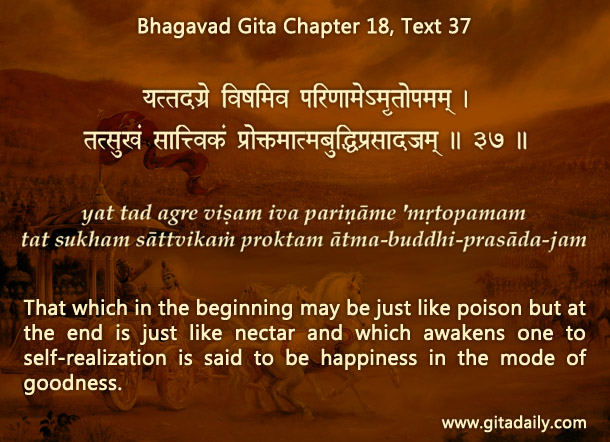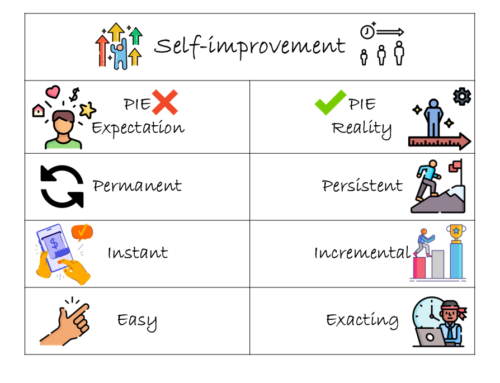Learn to wonder and ponder not wander and pander
Babies tend to wander and pander. They wander wherever they can without considering where they are going and why. They typically pander to their tongue, seeing all of existence as potential food.
In babies, such wandering and pandering may be endearing, but it becomes appalling when seen in adults. Why would adults behave like infants? Because even in adults, the mind often remains infantile. The mind wanders here, there and everywhere, seeking anything that promises sensual pleasure. It then panders to any desire that pops up, thereby wasting our time, energy and money on things that are at best trivial and at worst destructive.
Nowadays, with the availability of technology, especially the Internet, this wandering and pandering has multiplied manifold. People too lazy to get up from their sofas wander in every corner of real or imaginary worlds and pander to the darkest desires produced by their or others’ minds.
Though all such wandering and pandering can seem titillating, it soon turns out to be boring, frustrating, and degrading. What tastes like nectar initially tastes like poison eventually (Bhagavad-gita 18.38).
Gita wisdom explains that life is meant for something higher: for wondering and pondering. When we look at the vast sky, we can wonder, “Where did it come from? Where did we come from? Why do we exist?” Such wondering can go beyond idle curiosity when we ponder those questions by reading wisdom-texts such as the Gita that have pondered similar questions millennia ago.
Such wondering and pondering can be like poison initially. When we are struggling to find meaning while the rest of the world lives on in blissful ignorance then we taste the poison. But, that struggle becomes like nectar eventually when we align with our deepest purpose in harmony with our source (18.37). In such a harmonious life, we make fulfilling material contributions and relish enduring spiritual evolution.
Think it over:
- How do we wander and pander?
- How has technology affected our wandering and pandering?
- How can we learn to wonder and ponder?
***
18.37 That which in the beginning may be just like poison but at the end is just like nectar and which awakens one to self-realization is said to be happiness in the mode of goodness.
To know more about this verse, please click on the image
Explanation of article:
https://www.youtube.com/watch?v=JcHh_YM0BJY&feature=youtu.be
Podcast:



What a beautiful article? Through your articulate writing, you have shown that our minds are infantile, as long as they are not engaged in self-inquiry!